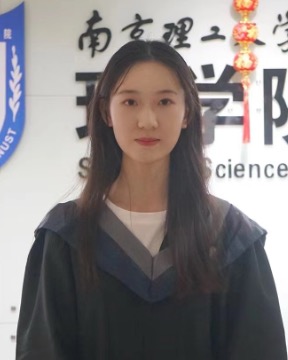

Osteosarcoma is the most common primary malignant bone cancer affecting kids and adolescents. The patient survival remains poor due to limited molecular understanding. In view of this, we developed OSpaedia.org, a molecular database and analysis platform to advances osteosarcoma research through open science.
Currently, OSpaedia provides:
1. A gene query tool to explore expression patterns in different cell types and tumor cell states
2. An online viewer of the spatial organization of different cell types in osteosarcoma
3. A visualizer of the osteosarcoma spatial and temporal evolution
4. A finetuned single cell foundation model for osteosarcoma single cell RNAseq data annotation
OSpaedia.org is still growing. Please stay tuned for updates of new datasets and tools in the near future.

Single-cell RNA sequencing data for osteosarcoma tumor cells.
Explore Download DataMultiplex immunofluorescence data for osteosarcoma spatial architecture.
Explore Download DataFinetuned foundation model for osteosarcoma cell type annotation.
Explore Download DataBulk RNA-seq-based classifier for osteosarcoma molecular subtype.
Explore on GitHub
Sample and data collection
Peking University People's Hospital

Omics data analysis
Hong Kong Polytechnic University

Single cell foundation model
Hong Kong Polytechnic University

Web development
Hong Kong Polytechnic University

Co-investigator
Peking University People's Hospital

Co-investigator
Peking University People's Hospital

Co-Principal Investigator
Hong Kong Polytechnic University

Co-Principal Investigator
Peking University People's Hospital
We gratefully acknowledge the support of the Hong Kong Polytechnic University Start-up grant (to QM), and the Noncommunicable Chronic Diseases-National Science and Technology Major Project (2024ZD0525800 to XT). Special thanks to our patients and their families for their invaluable contributions to this research.